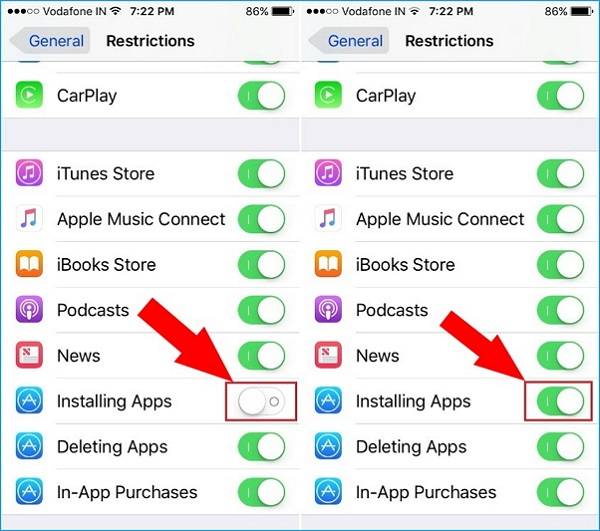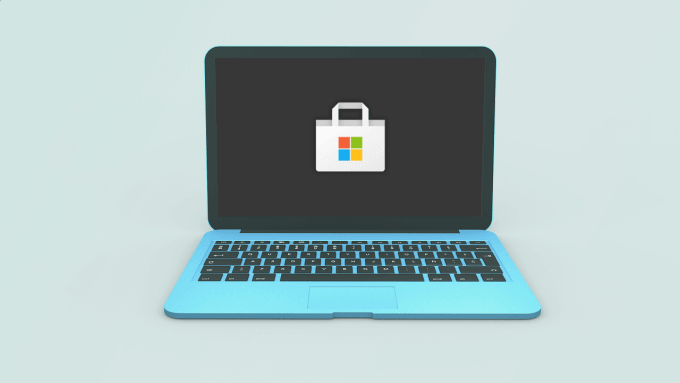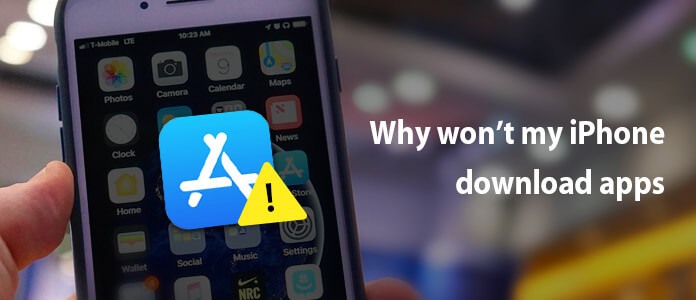
“Facebook has been using their membership to distribute a data-collecting app to consumers, which is a clear breach of their agreement with Apple,” a spokesperson said in a statement. But Facebook used this program for a consumer research app, which Apple says violates its rules. It’s what allows companies to create custom apps not meant to be downloaded publicly, like an iPad app for signing guests into a corporate office.

Once approved, participants downloaded the app via their browser-not through the Google Play Store or the Apple App Store.Īpple typically doesn’t allow app developers to go around the App Store, but its enterprise program is one exception. Minors were required to get consent from their parents.

Participants found out about the opportunity via Snapchat and Instagram advertisements, according to TechCrunch. Both apps are still available on Android.įacebook reportedly paid users between the ages of 13 and 35 $20 a month to download the app through beta-testing companies like Applause, BetaBound, and uTest. It wasn’t just Facebook: Google also disabled a similar app on iOS devices on Wednesday.

Apple’s decision is reportedly wreaking havoc at the social network, rendering workers unable to access the apps they use for their jobs.Īs Facebook deals with the fallout from yet another privacy scandal, it’s worth unpacking how its Research app worked-especially because it serves as a good reminder for other apps you might already be using, particularly virtual private networks.

Apple soon announced it was revoking Facebook’s access to its Developer Enterprise Program, which also allowed the company to share custom iOS apps with its own employees. In order to allow people with iPhones to participate, Facebook sidestepped the strict privacy rules imposed by Apple in its App Store by taking advantage of a business applications program designed for internal company use. For the past three years, Facebook has paid consumers as young as 13 to download a “Facebook Research” application that gives the company wide-ranging access to their mobile devices, according to a TechCrunch investigation published Tuesday.


 0 kommentar(er)
0 kommentar(er)
